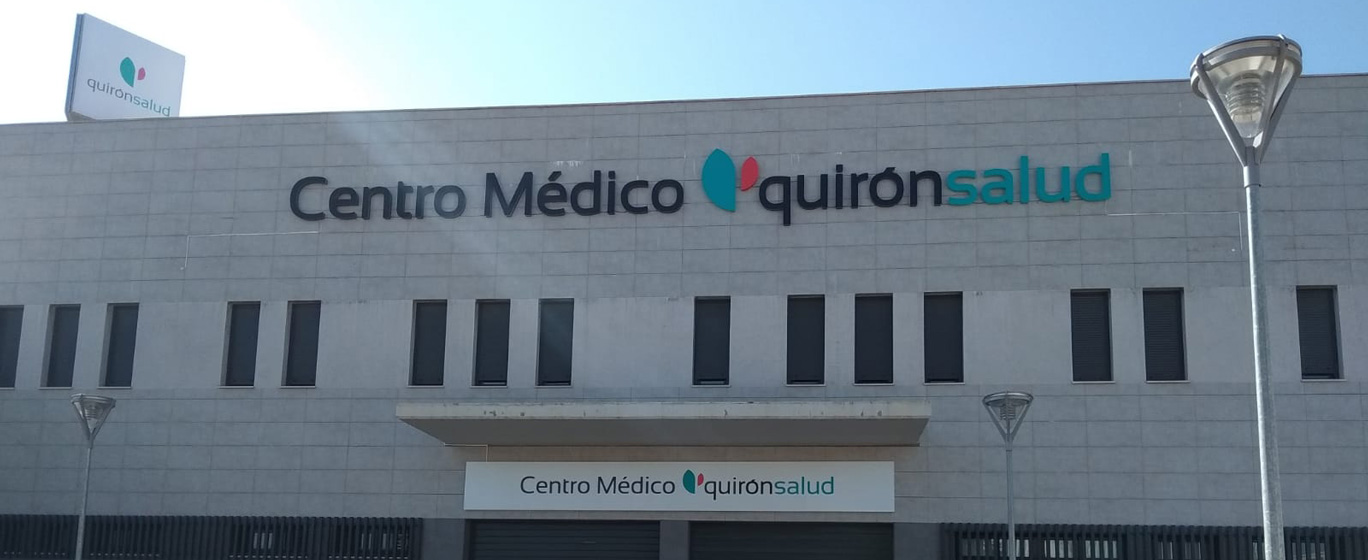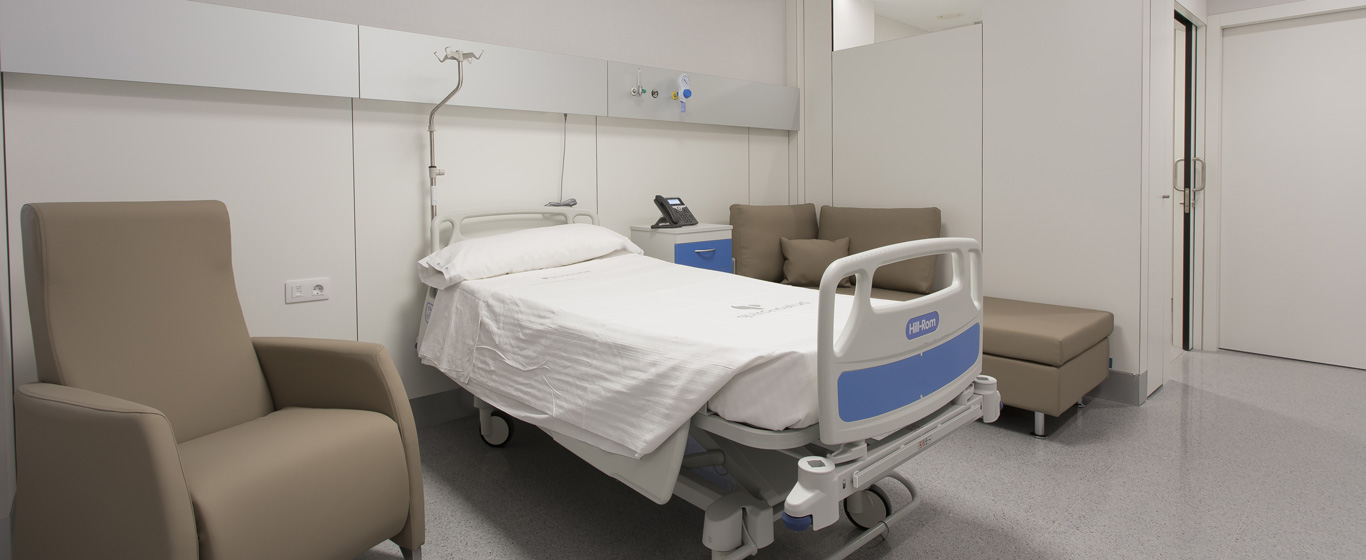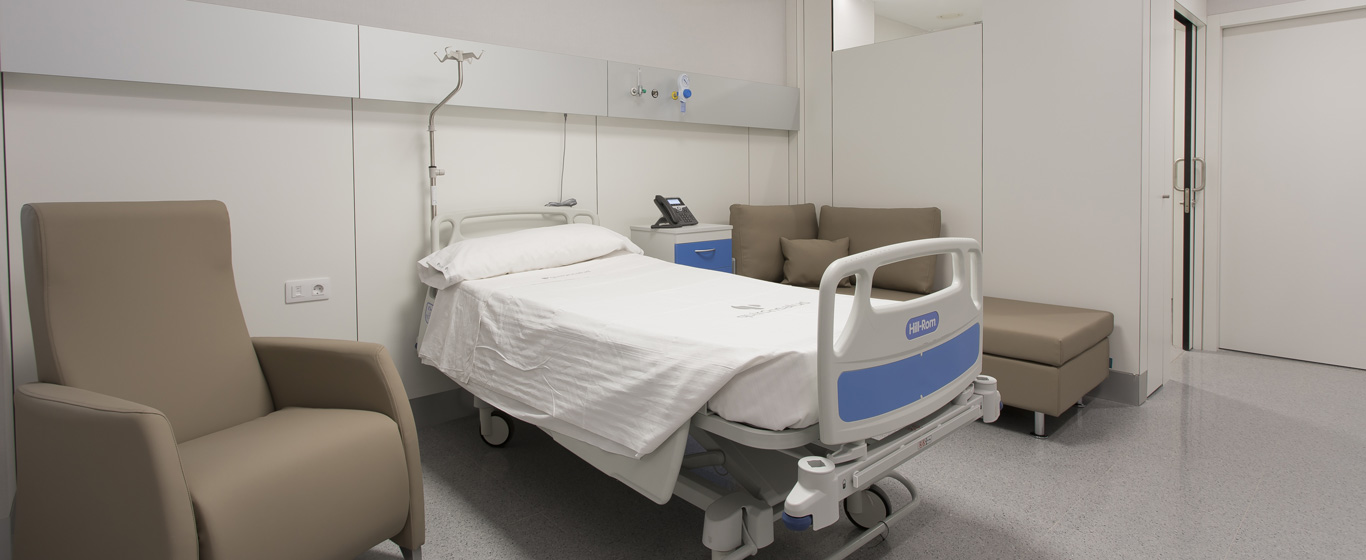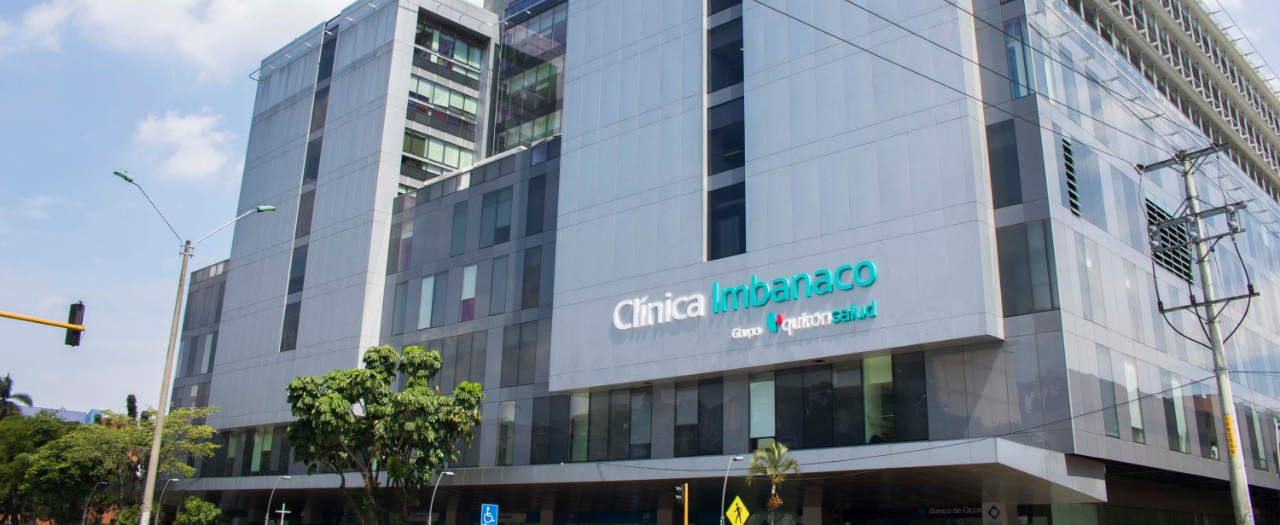Cardiac Arrhythmia
What is a cardiac arrhythmia? Information on its causes, main symptoms, and the most effective treatments.
Symptoms and Causes
Cardiac arrhythmia occurs when the heart's rhythm is altered, usually due to a defect in the electrical system that controls heartbeats. Identifying the specific type of arrhythmia in each person is crucial for determining the most appropriate treatment, as these conditions can vary significantly.
Depending on their nature, cardiac arrhythmias are classified into three main groups:
- Tachycardia: The heart beats very fast (over 100 beats per minute at rest). This type of arrhythmia can lead to conditions such as atrial or ventricular fibrillation, ventricular or supraventricular tachycardia, and atrial flutter.
- Bradycardia: The heart beats too slowly (fewer than 60 beats per minute at rest). However, it is only dangerous if the heart is unable to pump enough blood at this rate.
- Extrasystoles or premature beats: Additional heartbeats occur between normal ones. These may involve abnormal contractions of the ventricles or atria.
Cardiac arrhythmias can lead to more severe health problems, making prevention essential.
Symptoms
Cardiac arrhythmia symptoms may not always be noticeable. In some cases, the condition is detected during tests conducted for other reasons. However, in most instances, clear signs include:
- Syncope: Loss of consciousness due to reduced blood flow to the brain.
- Palpitations: A noticeable irregular heartbeat, often felt as strong or rapid beats.
- Chest pain.
Causes
The heart beats due to its excitation and conduction system. When this system malfunctions, arrhythmias occur. The causes of such electrical system failure may include:
- The impulse that triggers movement is not generated.
- The impulse originates from an abnormal area of the heart.
- The electrical signals are not transmitted correctly.
Risk Factors
Some people are more prone to developing cardiac arrhythmias due to heart conditions, lifestyle factors, or pre-existing medical conditions. The most notable risk factors include:
- Congenital heart defects.
- Heart disease.
- Coronary artery disease.
- Hypertension.
- Thyroid disorders.
- Sleep apnea.
- Consumption of alcohol, caffeine, tobacco, or drugs.
Complications
One of the primary concerns when diagnosing a cardiac arrhythmia is the potential formation of blood clots, which can lead to a stroke. Additionally, arrhythmias can cause heart failure or sudden cardiac death.
Prevention
The best way to reduce the risk of cardiac arrhythmias and other cardiovascular diseases is to maintain a healthy lifestyle. The following recommendations can help:
- Eating a varied and healthy diet.
- Exercising regularly.
- Avoiding excess weight.
- Reducing alcohol, tobacco, caffeine, and toxic substance consumption.
Which Doctor Treats Cardiac Arrhythmia?
Cardiologists specialize in treating cardiac arrhythmias. Additionally, cardiovascular surgeons intervene when surgical treatment is required.
Emergency medicine specialists are also trained to manage arrhythmias in urgent cases. Endocrinologists may diagnose arrhythmias when they are caused by hormonal imbalances.
Diagnosis
In addition to a medical history and physical examination, doctors use diagnostic tests to confirm the presence of arrhythmias. The most commonly used tests include:
- Blood tests to detect conditions such as thyroid disorders.
- Electrocardiogram (ECG) to assess heart activity.
- Holter monitor to record the heart’s response during daily activities.
- Intracardiac electrophysiological study to map the heart’s electrical impulses.
Treatment
If the heart’s irregular rhythm is not severe, no treatment is usually required beyond periodic check-ups. However, when treatment is necessary, it depends on whether the condition involves bradycardia or tachycardia.
The most effective treatments include:
- Medications such as anticoagulants or heart rate control drugs in cases of tachycardia.
- Cryofrequency or radiofrequency ablation to eliminate the tissue causing the arrhythmia.
- Pacemaker to help the heart maintain an appropriate rhythm.
- Implantable automatic defibrillator that delivers electric shocks when needed.














































































































